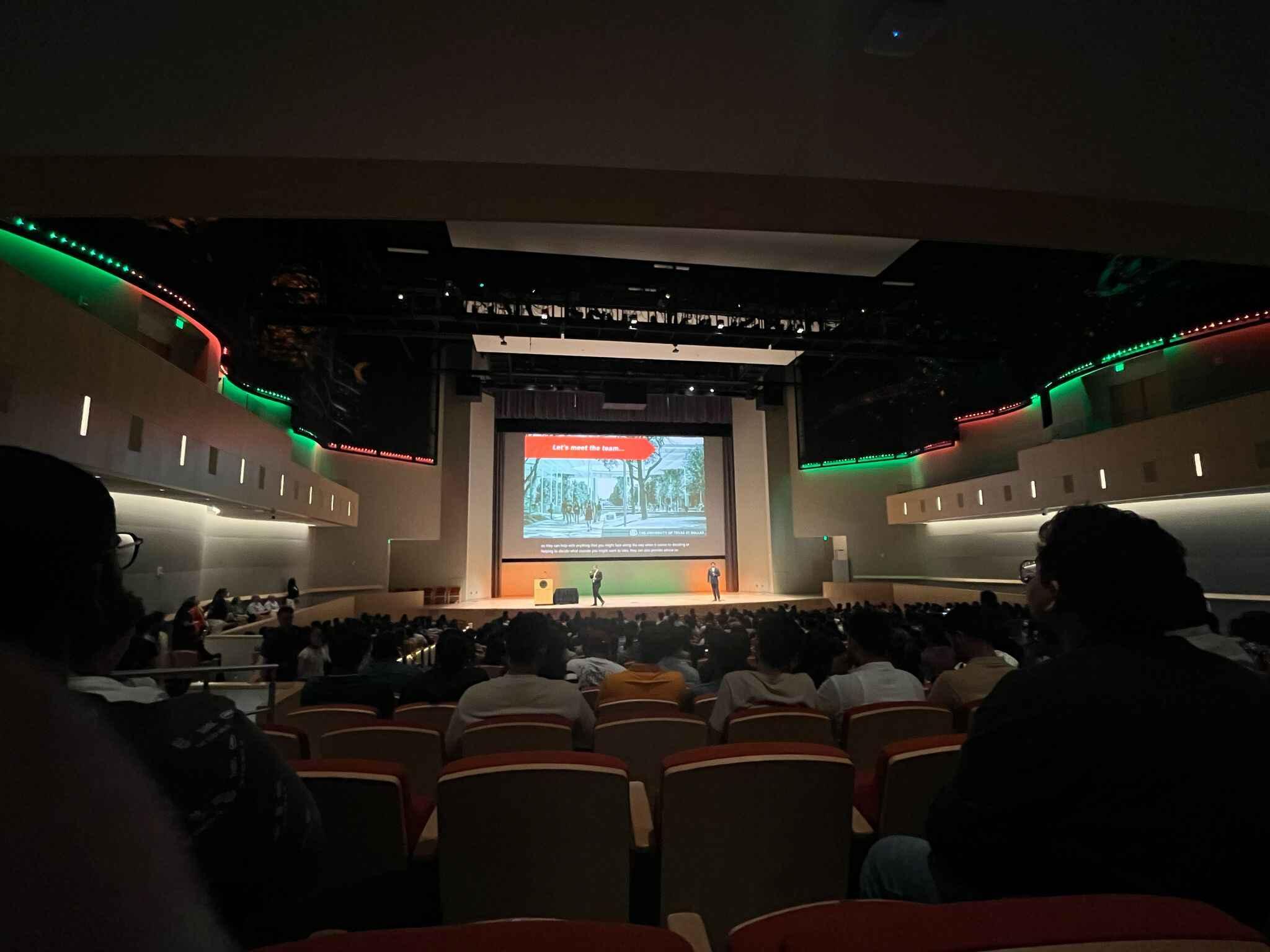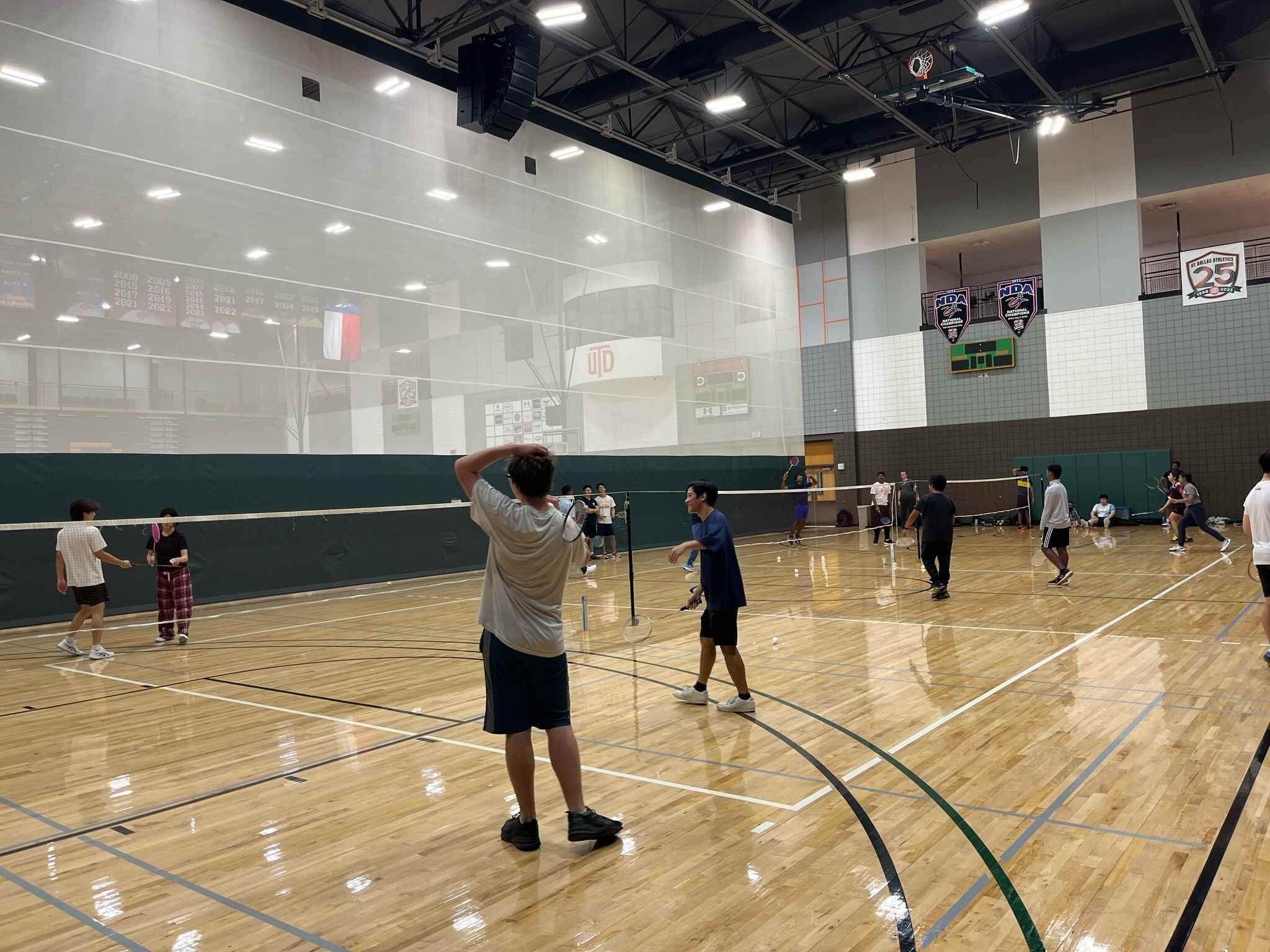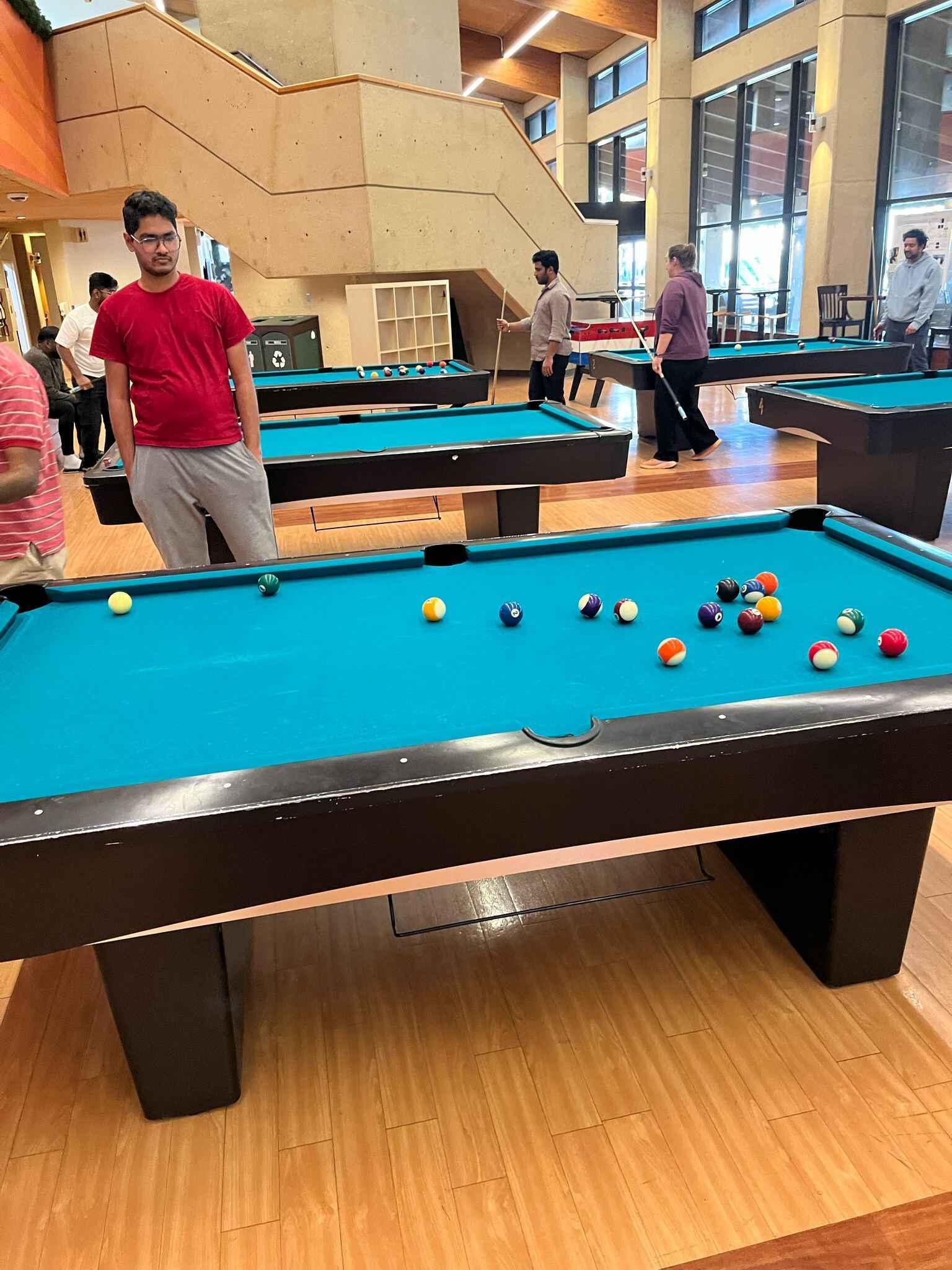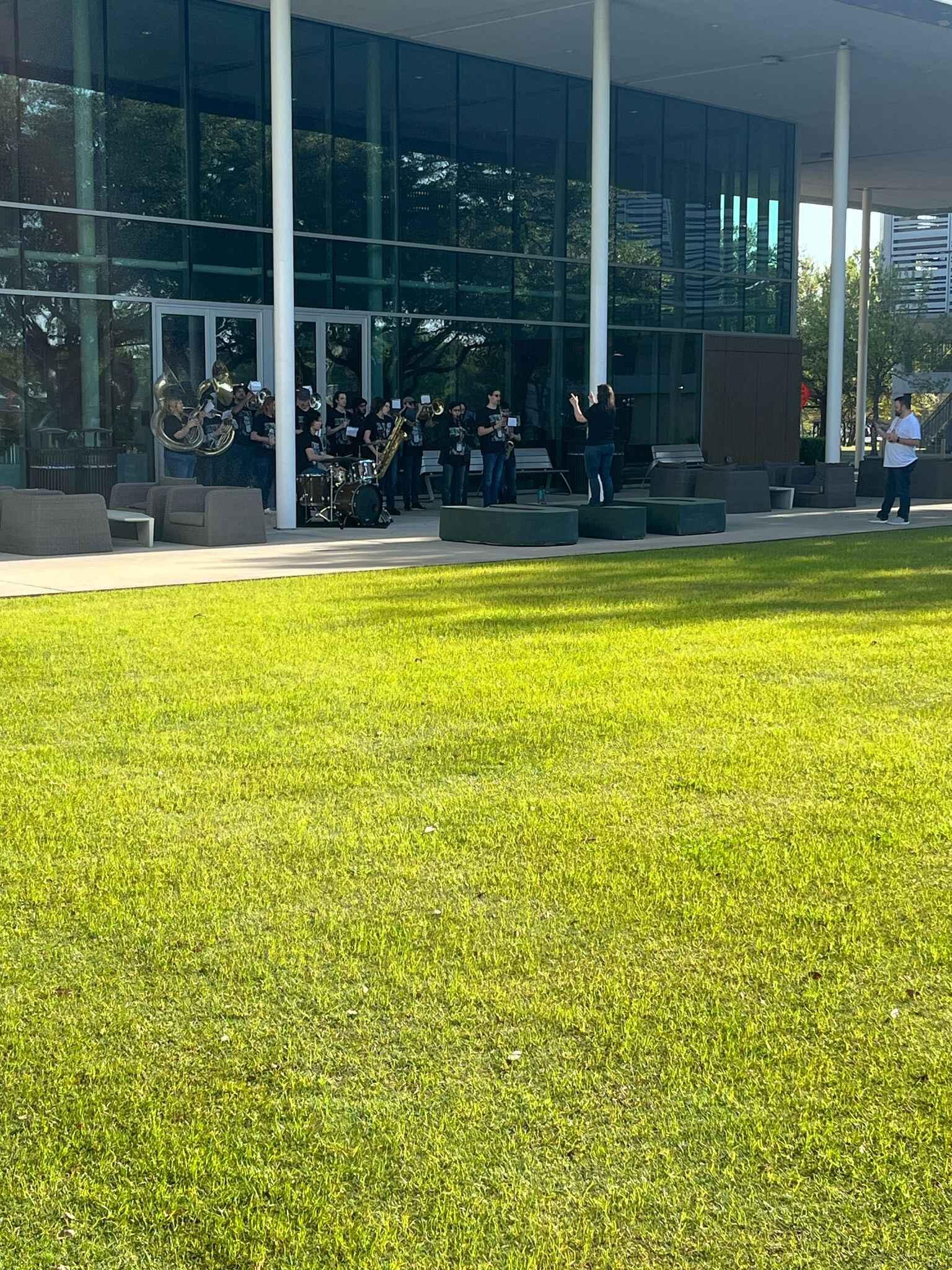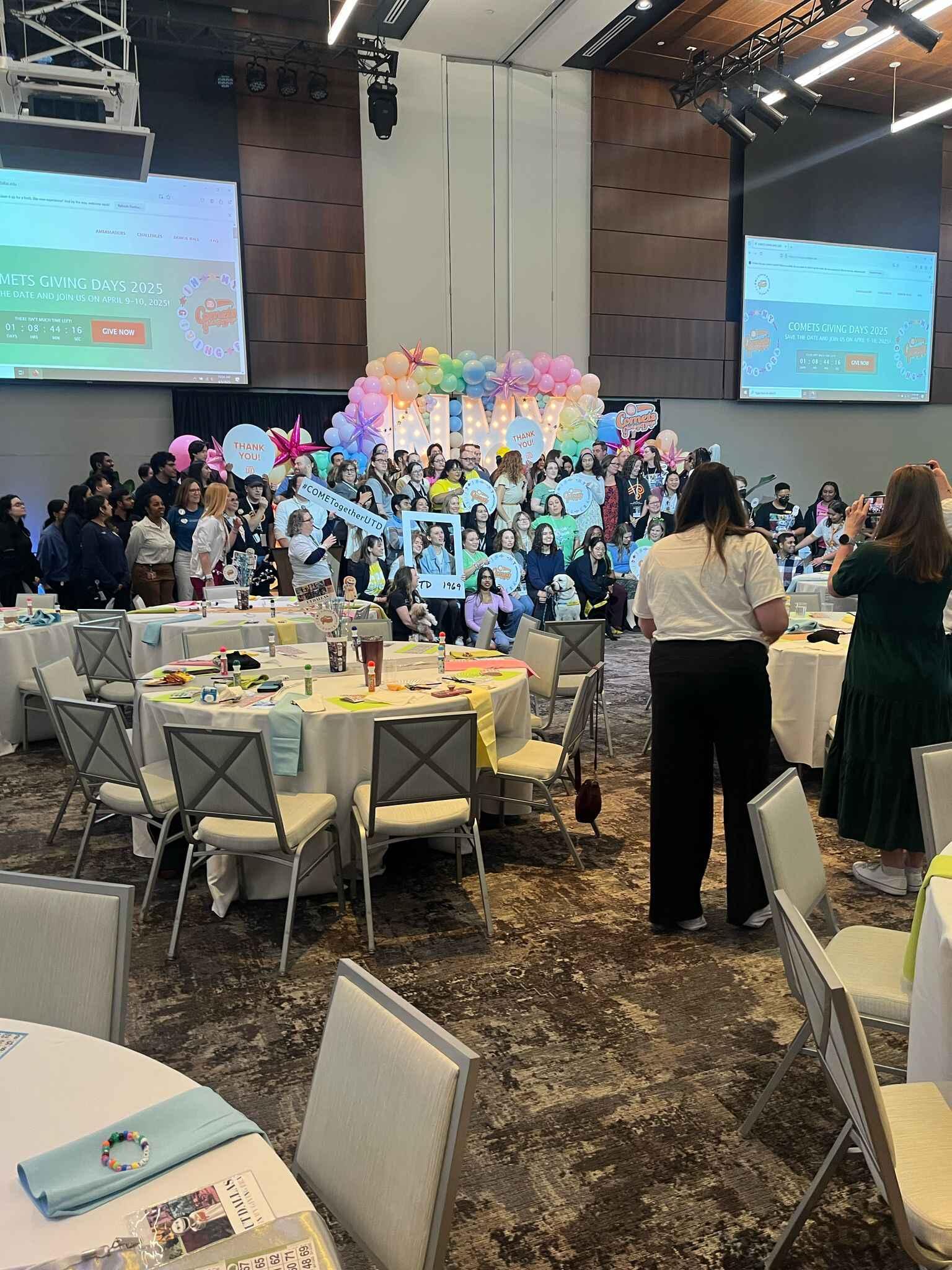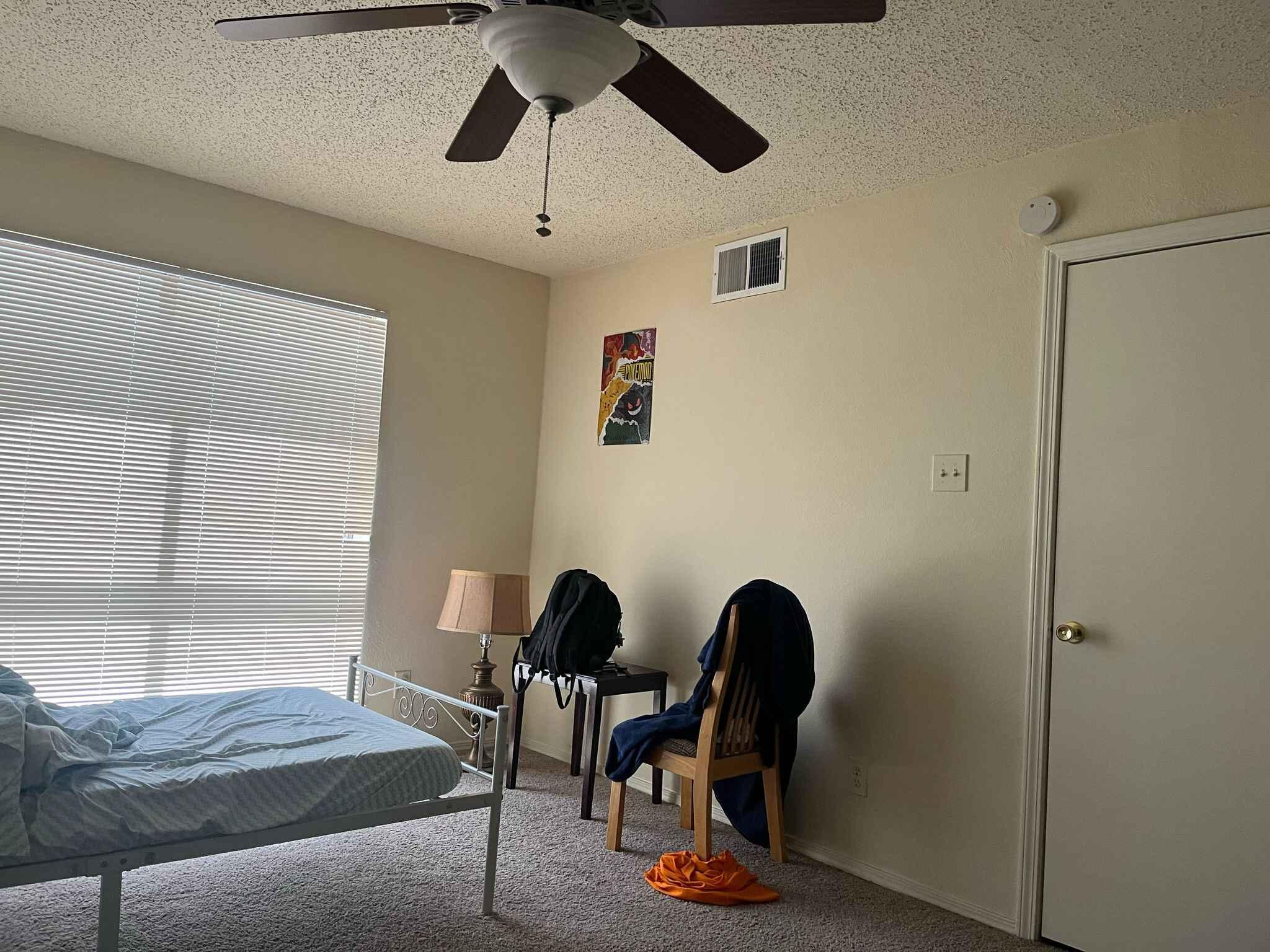What Students Say
Likes
- Helpful teachers who were friendly and always ready to guide us
- Fun clubs and events with lots of student groups to join
- Good classrooms and labs with clean, modern facilities
Dislikes
- It's difficult to find parking spaces especially during the College hours
- The gyms are usually over crowded and always difficult to find a machine to work out
- The restaurant outlets are a little bit expensive and are not affordable to everyone
Course Curriculum
- Each course has its own way of learning. Each Professor follows their way of teaching. Some courses require theoretical way while some require a hands-on practical way. Both are available in UTD. The difficulty level is medium.
- Positive:
- You get straight into hands-on work (labs, real cases) so you build job ready skills.
- Instructors know their stuff—and industry guests keep things up to date.
- Classmates come from all kinds of backgrounds, so you learn different viewpoints.
- Everything you learn lines up with the kinds of jobs you’ll want (data analyst, modeller, etc.).
- Evening and hybrid options make it easier if you’re working or have other commitments.
- Negative:
- Group projects can be hard to coordinate when everyone’s schedules are different.
- Popular electives fill up fast, and some required classes only run once a year.
- Exams and project deadlines sometimes overlap, causing crunch periods.
- Office hours are limited and may conflict with your other commitments.
- Setting up specialised software environments for labs can be tricky without hands-on help.
- Usual timings depend on your course selection and the school you are studying at. Since I am a JSOM student, usual timings are 10 - 12:45am, 1 - 3:45pm, 4 - 6:45pm, and 7 - 9:45pm.
- There will be 2 or 3 classes per day. The average number of students in my class is 40. Nearly 400 Indian students are enrolled in my course.
Admission Experience
-
I have applied to three universities
- University of Texas at Dallas
- CU Denver
- Texas A&M
- I got admitted to University of Texas at Dallas and CU Denver
- I got rejected from Texas a&m
- I'm not sure about the rejection reason. Each College have their own criteria for selecting their students. Some of them give importance to the undergrad performance while some of them give importance to the GRE/TOEFL scores and work experience. So I'm not pretty sure about the reason for the rejection.
- Booming placement rates with ties to DFW corporate partners and a lot of tech companies offers internships/jobs. UTD provides a lot of courses of our choice to choose from. The admission process was simple and easy.
- I filled out all the necessary details in their application portal. I submitted my educational certificates and work certificates(if applicable) to the University.
- For GRE – 308, TOEFL – 80. These are the required scores.
- My overall admission experience was easy. I didn't find any challenges during this process. I was able to complete the application with ease
- I applied for the Fall 2024 term. Starting in the fall gives you a full year to get ready for internships, career fairs, and co?op programs. Since employers recruit interns in early spring, a fall start helps you stand out on campus.
- My application process was as follows:
- Application Submitted – Week 1
- Confirmation Received – 3 days later
- Review Period – 6 weeks
- Admission Offer – Week 7
- Deposit & Acceptance – Week 8
- The process was simple and easy.
Faculty
- One faculty member for about 30 or 40 students. You can ask questions and get answers more easily. Graded work and feedback come back faster. Professors notice you individually and offer more personal help.
- Classes stay interactive, with more discussion and real-time examples. Interactive lectures show concepts in real time with plenty of Q&A
- Real-world cases let you work through actual business problems. Hands-on labs give weekly practice with Excel, SQL, Python, and Tableau
- Team projects build collaboration and presentation skills through end-to-end assignments. Industry speakers share insights and keep you informed about employer needs
- Yes, the course’s real-world cases, hands-on labs, and team projects give you the exact skills and experience employers look for, so you’ll be well prepared to land a job in your field. No, faculty members do not assist students in finding part-time or full-time jobs through their personal networks or references.
- Dr Ignacio Andres is one of the professors I admire the most. Explains tough Solver and modelling ideas in clear, simple steps. Always makes time in office hours and follows up personally on questions. Cares about each student’s progress, offering support outside class.
Campus Life
-
It's a single campus.
- All facilities are available like a library, sports facilities, and medical services.
- Welcome Week and Involvement Fair with food, live music, and over 200 clubs recruiting
- International Week featuring daily cultural performances and food fair
- Earth Day Festival with eco friendly vendors and DIY workshops
- Comet Con, the annual student run anime, gaming, and cosplay convention
- Rubber Duck Race, a springtime fundraiser where thousands of rubber ducks “race” down the creek
- Homecoming Week with tailgates, spirit competitions, and alumni events
- UTD offers plenty of ways to get involved outside class. You can join Division III sports teams, intramural leagues, or use the Recreation Center to stay active. Cultural festivals—like International Week and the Rubber Duck Race—bring everyone together for fun and food. With over 300 student orgs (tech clubs, service groups, Greek life, arts), you can explore any interest and build leadership skills. There are also music ensembles, theatre productions, and student media (newspaper, radio). Whether you love sports, culture, or service, you’ll find your community here.
Part Time Jobs
- We are not supposed to work off campus. On-campus jobs are really competitive. For each course there will be a single student as a TA. RS positions are decided by the respective professors.
- The par range is usually from $10 to $20 per hour. Other on-campus jobs are at dining services, the library, the SU help desk, and the UREC help desk.
- Maximum hours of work allowed are below 20 hours per week. It's so difficult to secure on-campus part-time jobs.
- Students usually earn around $15 per hour in the part-time jobs. Its so difficult to secure on-campus part-time jobs. There is a portal called Handshake. We have to apply to the openings listed on the portal. After reviewing it, you will be called for interviews. Based on the Interview, they will announce the results. Usually Resume, Cover Letter, Class Schedule are the documents required to submit.
- Students usually earn around 15$ per hour in the part time jobs.Its so difficult to secure on campus part time jobs. There is a portal called Handshake. We have to apply to the openings listed on the portal. After reviewing it, you will be called for interviews. Based on the Interview, they will announce the results. Usually Resume, Cover Letter, Class Schedule are the documents required to submit.
Placement
- Around 90% of my graduating batch secures employment within 6 months of completing their course.
- 100000 - 150000$ per year is the average salary range that most students in your programme can expect to earn upon graduation.
- Internships, networking, and online job portals are the usual methods for finding the jobs.
- Career Fairs takes place at the University. You can network with each company's professionals to know about the openings as well. Since I am in the second semester only, none of my batchmates have secured a job. Amazon, Tesla, and Microsoft are some of the tech giants that offer jobs to our programme.
Accommodation
- I took it off campus. I found the accommodation through a whatsapp and telegram groups.
- Monthly rent was $1848 plus utilities around $50. Refrigerator, Washer, Dryer, Wi-Fi are available.
- Trying to find better accommodation with a moderate price which is close to the University. Should be student friendly and a clean environment.
- It was really competitive to find one for a better price. My advice would be to try to book the apartment at an early stage for a lower price.
- It takes around 10 minutes from my place to University. Many Indian students have stayed in EOF.
Exams
- TOEFL was required for the admission process. GRE was optional.
- LOR, SOP, and CV are required for the application process.
- College degree certificate, Transcripts, 10th and 12th certificates are necessary for verification. Work experience verification is required if applicable.
- No interview is required for the application process. Since no interview is required for my application process, I can't talk about it.
Fees
- I have to pay a credit-based tuition fee. The fees apply according to the number of courses you have enrolled for that particular semester. I have mentioned the breakdown according to my I-20
- All are in dollars
- According to i20, For 1 year
- Tuition – 35314
- Living – 20352
- Medical insurance – 3438
- For 2 years
- Tuition – 70628
- Living – 40704
- Medical insurance – 6876
- Monthly expense – $700
- Rent – 520
- Food – 130
- Travel – 50
Scholarship
- Universities provide a lot of scholarships for new incoming and current students. Many scholarships have their own criteria and requirements.
- I did not receive any scholarship.
- A few students in my class got scholarships from the University and they were offered in-state tuition scholarships.
- I'm not sure how many students, on average, receive scholarships each year.
- Usually many students have received a $1,000 scholarship. Some of them also received an in-state scholarship for tuition.


